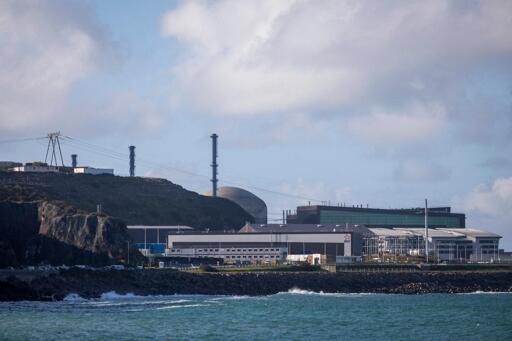Summary
France’s Flamanville 3 nuclear reactor, its most powerful at 1,600 MW, was connected to the grid on December 21 after 17 years of construction plagued by delays and budget overruns.
The European Pressurized Reactor (EPR), designed to boost nuclear energy post-Chernobyl, is 12 years behind schedule and cost €13.2 billion, quadruple initial estimates.
President Macron hailed the launch as a key step for low-carbon energy and energy security.
Nuclear power, which supplies 60% of France’s electricity, is central to Macron’s plan for a “nuclear renaissance.”
At least this one is on the coast so it can still run when the rivers dry up.
But holy shitsnacks 3½ times slower than planned and 4 times more expensive. No wonder no new nuclear power plants have been built in a generation when the ones coming online now were all delayed by a generation.
As others have mentioned, it isn’t for a practical reason. Nuclear is not that difficult to build. Look at China. Certain groups (funded by dirty energy companies) have pushed an idea that nuclear isn’t safe and had more and more bureaucracy and regulations pushed onto it. Sure, some is needed, as it’s also needed for other sources. Nuclear has been strategically handicapped though because they know it’d destroy their business if it’s able to compete on a level playing field.
Certain groups (funded by dirty energy companies) have pushed an idea that nuclear isn’t Safe
Nuclear isn’t safe. You should still not pick mushrooms in parts of germany because it isn’t. It’s an inherently dangerous technology, which you can only try to mitigate.
Nuclear has been strategically handicapped though because they know it’d destroy their business if it’s able to compete on a level playing field.
Nuclear can only work because it is heavily subsidized. If it had to compete on a level playing field, not a single plant would ever have been built in history, as they are uninsurable on the free market and no investor would touch them with a stick without huge government guarantees.
It’s the most expensive form of power generation there is, and in 2024 with renewables as good as they are it is just plain unnecessary to sink resources into this dead end.
Nuclear is subsidized? I think you’ve got that backwards. Renewables are HEAVILY subsidized in many places (rightfully so), nuclear isn’t.
Nuclear would be, in fact, the cheapest form of generation if you factor in storage which is a requirement for a functional grid based on renewables, and aforementioned regulatory handicaps weren’t in place.
A grid based on nuclear for the base load (the always-on stuff like various industries) + renewables is a far better solution than dragging on fossil fuels for longer and longer, or trying to make 100% renewables work with gigantic amounts of expensive storage.



